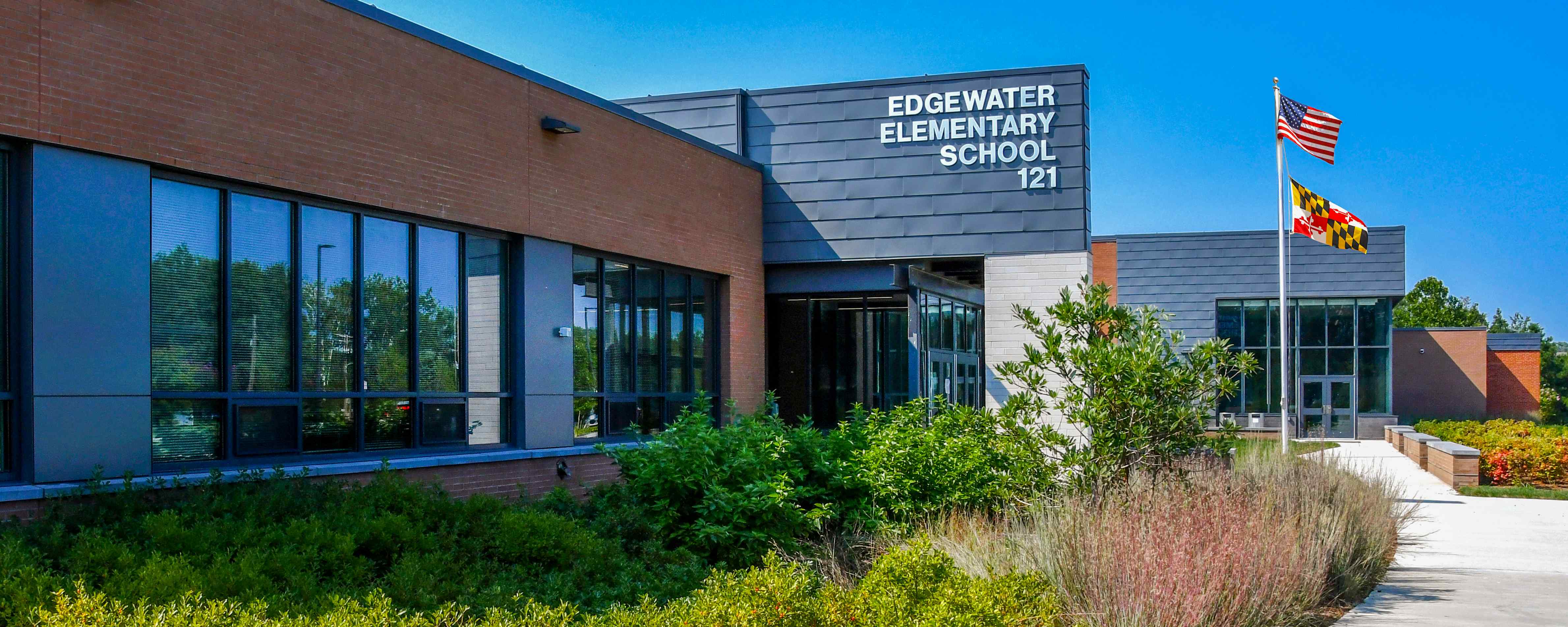Discovering the Advantages of Preschool Programs: A Comprehensive Guide to Very Early Education
Kindergarten programs play a crucial role in forming a kid's very early academic experience. They provide an organized setting where young learners can create important social abilities, emotional resilience, and cognitive abilities. These fundamental skills are important as youngsters move right into more formal education. Understanding exactly how these programs contribute to a kid's growth reveals much about their long-lasting instructional trajectory. What details benefits do these very early experiences use, and how do they influence a child's future?
The Importance of Social Skills Advancement
While several facets of early education and learning emphasis on scholastic skills, the advancement of social abilities in preschool programs is similarly important. Social abilities include the capability to connect properly, collaborate with peers, and browse social scenarios, every one of which are vital for a youngster's general advancement. In kindergarten, youngsters learn to share, take turns, and solve problems, promoting a feeling of community and belonging. These experiences allow young students to develop and create relationships compassion, preparing for favorable connections in the future.
Educators play a pivotal role in assisting in social skill advancement with structured tasks and guided interactions. Through group projects and play, kids practice important abilities such as listening, discussing, and comprehending diverse viewpoints. These communications help kids construct self-confidence and self-esteem, essential components for their individual and academic trips. On the whole, supporting social abilities in kindergarten enriches youngsters's experiences and prepares them for the intricacies of social life beyond college.

Building Emotional Strength in Youthful Learners
Structure emotional durability in young students is fundamental to their total well-being and success in numerous aspects of life. Preschool programs supply a structured setting where kids can learn to browse their emotions properly. With guided communications and tasks, educators assist youngsters identify and share their sensations, cultivating a sense of self-awareness.
These programs typically consist of methods for coping with difficulties, such as problem-solving tasks and role-playing situations that prepare youngsters for real-life scenarios. By encouraging collaboration and compassion, young students create strong social links, which are necessary for emotional assistance.
Educators play a critical role in modeling strength by showing exactly how to manage stress and adversity. As youngsters observe these habits, they internalize useful coping systems, outfitting them to manage future emotional difficulties with higher ease. Overall, nurturing psychological strength in early education lays a strong structure for lifelong psychological health and wellness and versatility.
Enhancing Cognitive Capabilities Through Structured Knowing
As youngsters engage in organized learning experiences within kindergarten programs, their cognitive abilities are significantly enhanced. These programs present age-appropriate tasks that promote essential reasoning and analytical skills. As an example, hands-on activities such as problems and building blocks promote spatial understanding and rational reasoning.
Interactive storytelling and team discussions foster language advancement, broadening vocabulary and understanding. Through organized regimens, kids learn to comply with instructions, enhancing their executive operating skills, which are essential for future academic success.
Social communications within these programs also play a considerable function, as youngsters learn to collaborate and communicate efficiently, more improving cognitive growth.
Additionally, integrating play-based knowing allows children to check out concepts in a fun and appealing way, reinforcing their understanding and retention of understanding. Generally, structured knowing in preschool lays a solid structure for cognitive advancement, preparing kids for the difficulties of college.
Promoting a Love for Lifelong Knowing

In addition, favorable interactions with teachers and peers contribute to an environment where learning is checked out as gratifying and delightful. This helpful environment assists infuse inherent inspiration and strengthens the concept that education is a continuous journey as opposed to a location.
As kids uncover their passions and toughness, they are more probable to go after understanding beyond the class, laying the foundation for a lifelong commitment to understanding. Ultimately, kindergarten programs play a vital duty fit passionate students who welcome academic possibilities throughout their lives.
Getting Ready For Future Academic Success
While fundamental abilities are vital for very early learners, preschool programs additionally play a crucial function in preparing youngsters for future academic success. These programs present crucial concepts such as proficiency and numeracy, guaranteeing that children create the cognitive capabilities needed for more innovative understanding. By participating in organized tasks, trainees enhance essential thinking and analytic skills, laying a strong foundation for their instructional trip.
Preschool fosters social-emotional development, allowing children to navigate joint jobs and construct relationships with peers. This collective setting imparts a sense of belonging and enhances self-confidence, which is necessary for scholastic perseverance.
Furthermore, exposure to varied understanding experiences in preschool grows versatility, furnishing kids to deal with numerous topics and difficulties in subsequent grades (Kindergarten). Inevitably, by providing a well-rounded early education, preschool programs guarantee that youngsters are not only ready for very first grade but also prepared for ongoing academic success throughout their academic jobs
Regularly Asked Questions
What Age Is Ideal for Beginning Preschool Programs?
The ideal age for beginning kindergarten programs is usually in between 5 and six years old. This age enables youngsters to develop essential social, psychological, and cognitive skills, preparing them for future scholastic success and individual development.
How Do I Choose the Right Preschool Program for My Youngster?
To select the best preschool program, one should think about variables such as curriculum, instructor qualifications, course dimension, location, and the institution's viewpoint. Observing the environment and celebration responses from various other parents can also be advantageous.
Exist Any Type Of State Requirements for Preschool Enrollment?
Many states have particular needs for preschool registration, consisting of age limitations and documentation such as copyright or evidence of residency (Kindergarten). Private School Parents should consult their local education and learning authority to recognize the precise requirements in their area
What Should Moms and dads Anticipate During a Regular Kindergarten Day?
Throughout a common preschool day, parents can anticipate structured tasks consisting of circle time, creative play, standard scholastic lessons, snack breaks, and social communication, all developed to promote discovering and advancement in a caring setting.
Just How Can Parents Assistance Discovering in your home along with Preschool?
Parents can support learning in the house by taking part in routine reading, integrating instructional games, developing a regular routine, urging curiosity through inquiries, and creating a positive, nurturing environment that promotes expedition and imagination.
Kindergarten programs play an essential role in forming a youngster's early educational experience. Preschool programs provide a structured atmosphere where kids can discover to browse their emotions effectively. As children engage in structured understanding experiences within kindergarten programs, their cognitive capabilities are substantially enhanced. By interesting children in diverse tasks-- such as narration, hands-on experiments, and collaborative tasks-- kindergarten programs grow curiosity and expedition. While fundamental abilities are crucial for very early learners, kindergarten programs also play an important role in preparing kids for future scholastic success.